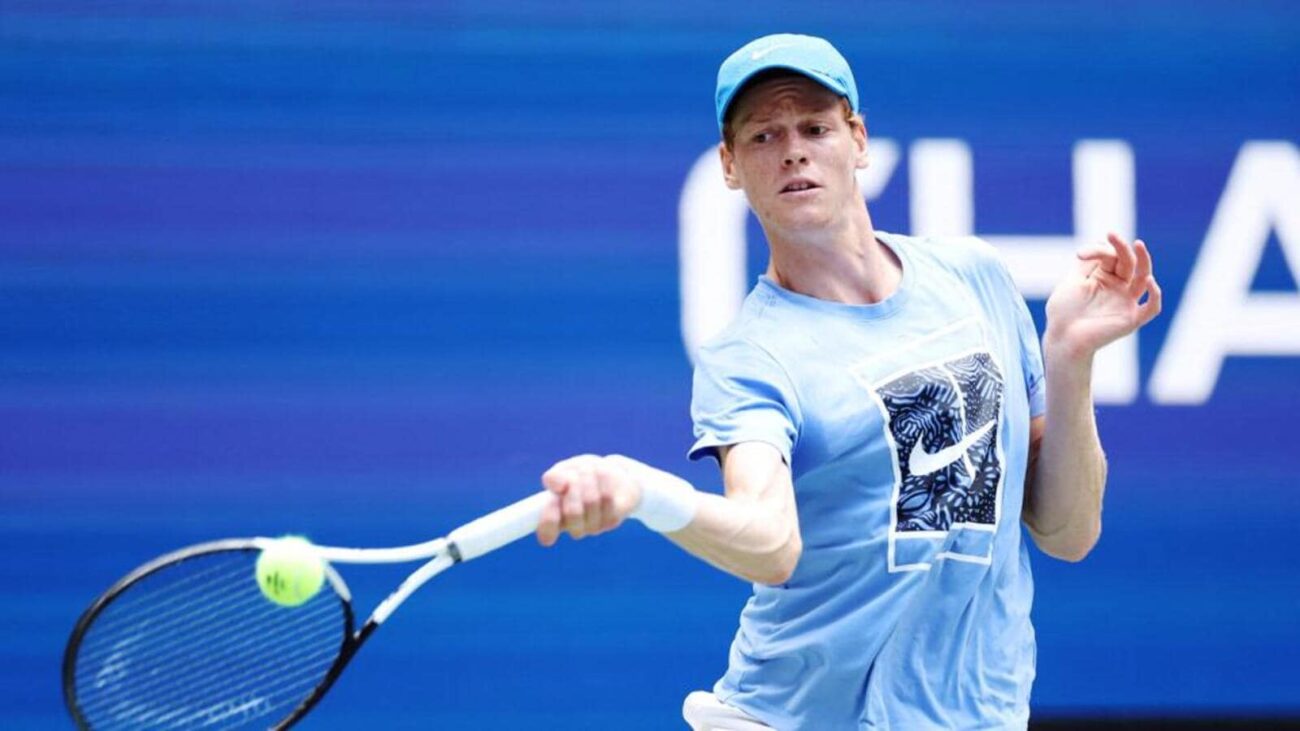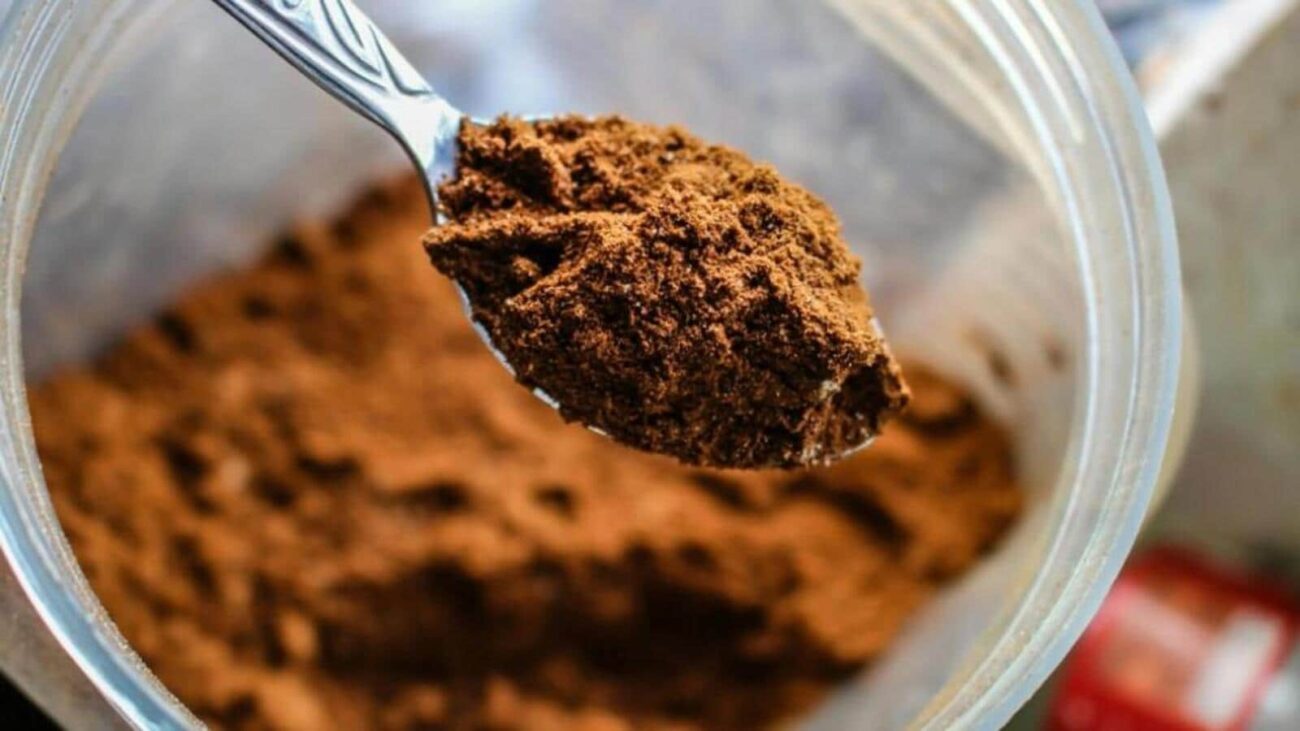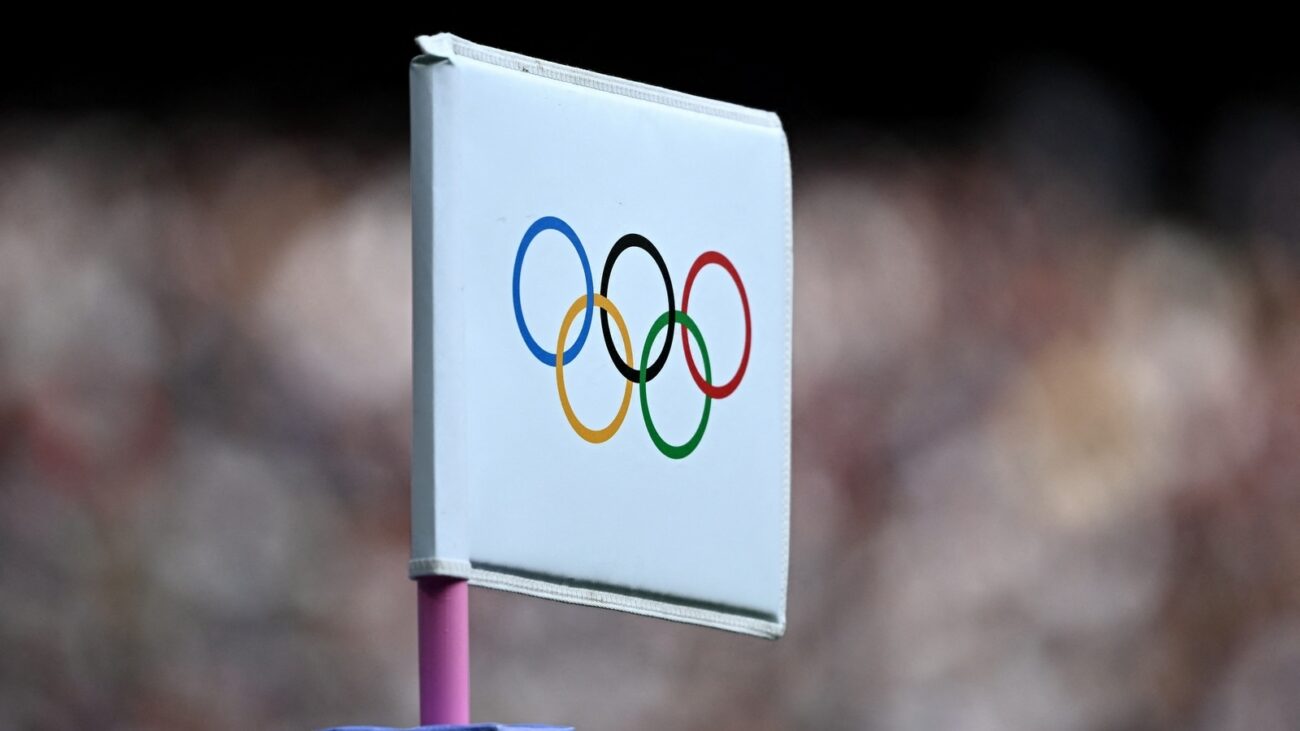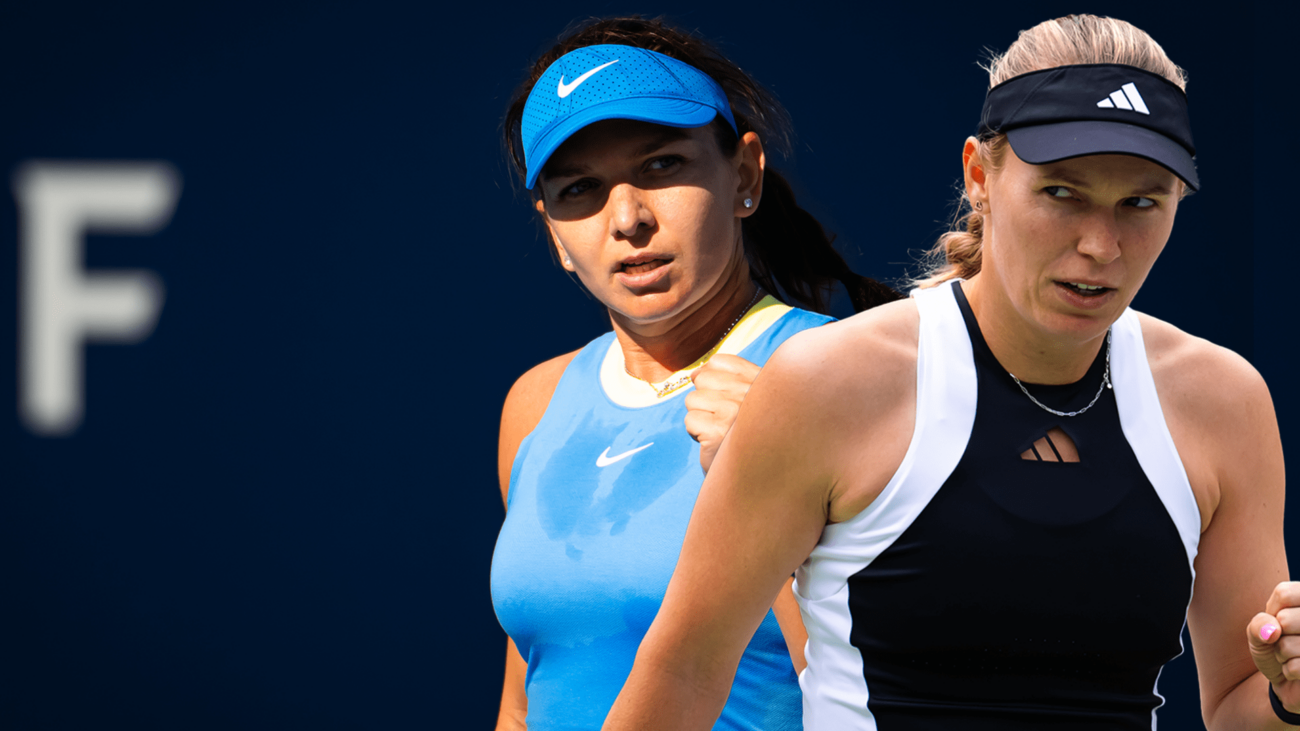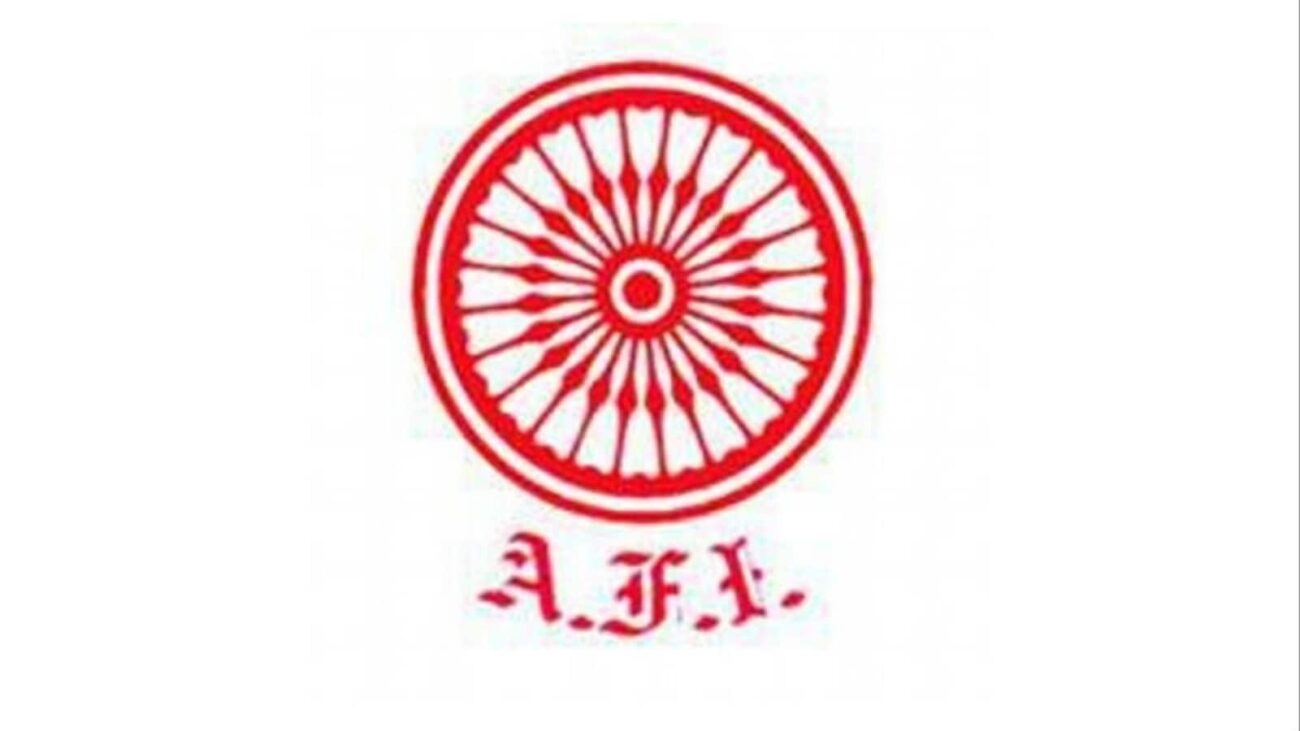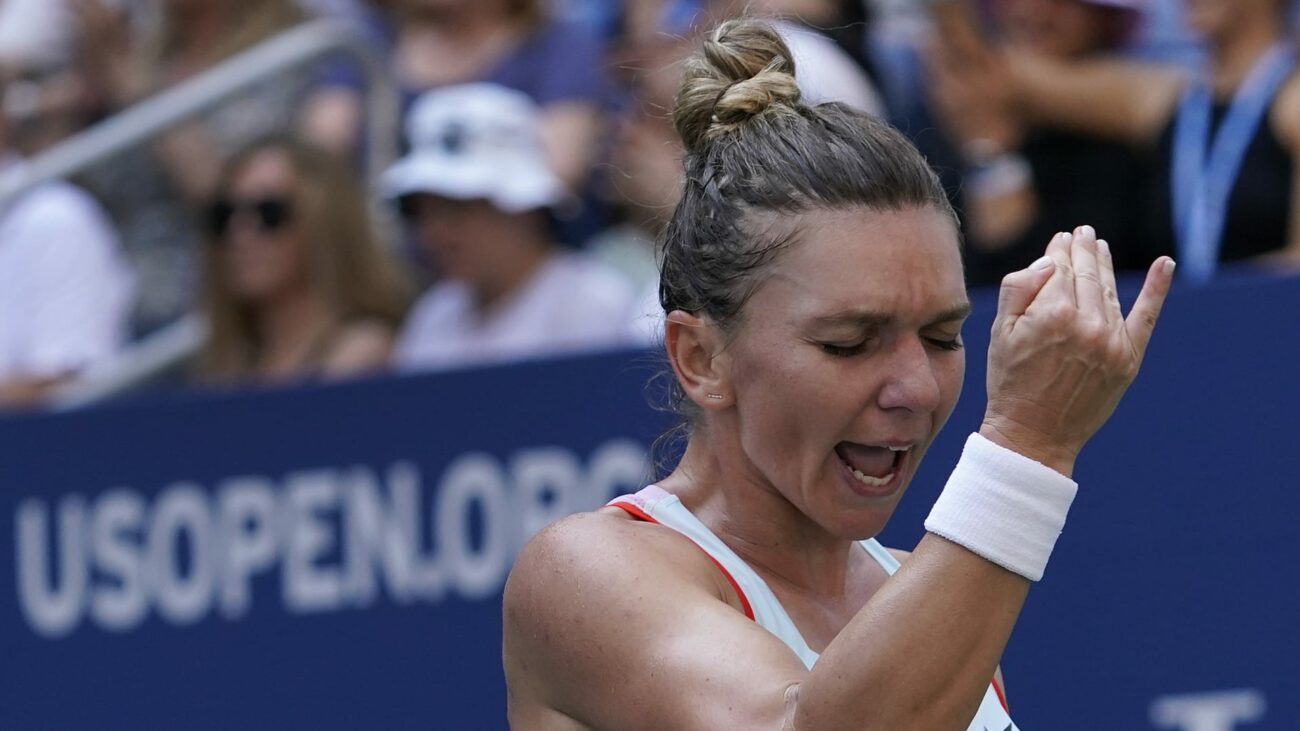Sinner’s Doping Case Overshadows US Open Preparations
Jannik Sinner’s US Open preparations have been overshadowed by revelations of his involvement in a doping case. The Italian, who recently ascended to the world No. 1 ranking, has been cleared of wrongdoing by the International Tennis Integrity Agency (ITIA) after two positive tests for anabolic steroid clostebol.
The case stems from March, when Sinner’s physiotherapist allegedly used the substance without his knowledge. The ITIA’s investigation concluded that Sinner was not at fault and that the transfer of the substance to his system was unintentional.
However, the timing and secrecy surrounding the ruling have raised questions and divided opinions. Sinner has maintained his innocence and expressed his desire to move on, but the matter is likely to follow him throughout the US Open.
Pre-tournament press conferences will be dominated by the subject, and Sinner will face scrutiny from both the media and his fellow players. How he handles the situation will be a test of his character and mental fortitude.
Sinner’s coach, Darren Cahill, has praised his resilience in the face of adversity. Despite the ongoing controversy, Sinner has produced some of his best tennis since March, winning titles in Miami and Cincinnati and reaching the semi-finals of the French Open.
However, Cahill acknowledges that the doping case has taken a toll on Sinner both physically and mentally. “He’s struggled, and I think it’s worn him down,” Cahill said.
The case has also sparked debate about the fairness of the anti-doping system and the different treatment of players. Some have questioned why Sinner was cleared so quickly, while others have faced lengthy suspensions for similar offenses.
As the US Open approaches, all eyes will be on Sinner to see how he responds to the pressure and scrutiny. His performance on and off the court will reveal much about his character and his ability to overcome adversity.

